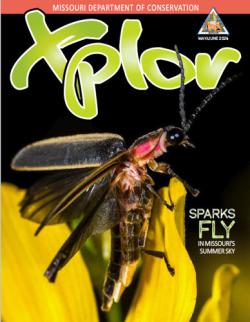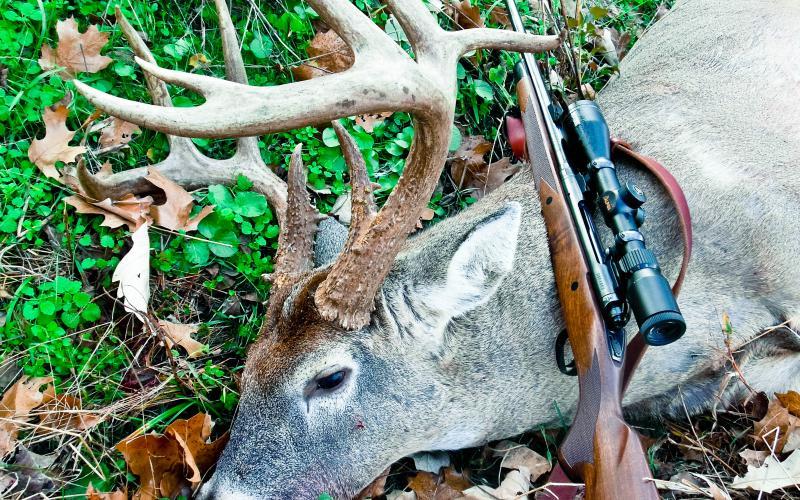
Xplor reconnects kids to nature and helps them find adventure in their own backyard. Free to residents of Missouri.


































Stay in Touch with MDC news, newsletters, events, and manage your subscription

Xplor reconnects kids to nature and helps them find adventure in their own backyard. Free to residents of Missouri.

A monthly publication about conservation in Missouri. Started in 1938, the printed magazine is free to residents of Missouri.


JEFFERSON CITY, Mo. – The Missouri Department of Conservation (MDC) reminds deer hunters that properly disposing of carcasses of harvested deer is important in limiting the spread of chronic wasting disease (CWD). MDC also reminds hunters who harvest deer, elk, or moose outside of Missouri and bring the animals back to follow related regulations to help limit the spread of CWD.
CWD is a deadly illness for white-tailed deer and other members of the deer family, called cervids. CWD kills all deer and other cervids it infects. It has no vaccine or cure. CWD is spread from deer to deer through direct contact and through contact with soil, food, and water that have been contaminated through feces, urine, saliva – and carcasses -- of infected deer. Learn more at mdc.mo.gov/cwd.
CWD has been found in Missouri and is slowly spreading. MDC needs the help of hunters to help limit its spread.
Carcasses or carcass remains of CWD-infected deer can expose other deer to the disease. Long after infected carcass remains decompose, the soil around the remains can stay infectious, possibly exposing other deer.
To help avoid this exposure risk, MDC recommends the following carcass disposal methods:
Hunters who harvest deer, elk, or moose outside of the state and bring the animals back must report the entry into Missouri within 24 hours by calling 877-853-5665, or reporting it online at mdc.mo.gov/carcass. The carcass must be taken to a licensed meat processor or taxidermist within 72 hours of entry.
Hunters just passing through Missouri on their way to another state are exempt from this requirement as long as they are not in Missouri for longer than 24 hours.
The reporting requirement is only for whole carcasses and carcasses that have the head and spinal column attached. Parts that do not require reporting and that are at lower risk for harboring CWD include: